Stem Cell Treatment for Autism Price in India
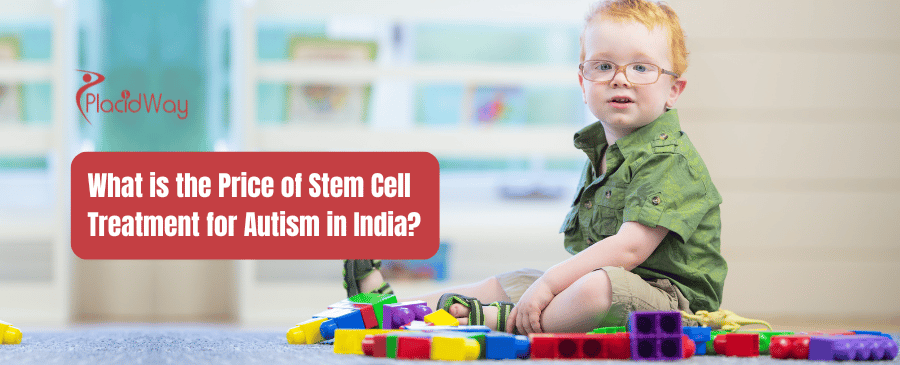
Autism Spectrum Disorder (ASD) is a complex neurodevelopmental condition that affects communication, social interaction, and behavior. While conventional therapies focus on managing symptoms and improving functional skills, stem cell therapy has emerged as a promising, albeit still investigational, treatment option. India has become a popular destination for medical tourism, offering various treatments at more affordable prices compared to Western countries, and stem cell therapy for autism is no exception. This blog post aims to shed light on the costs involved, what influences them, and essential considerations for families exploring this avenue in India.
What is the typical cost range for stem cell therapy for autism in India?
"The cost of stem cell therapy for autism in India typically ranges from ?3,30,000 to ?10,00,000 (approximately $4,000 to $12,000 USD) per treatment cycle, though this can vary significantly based on several factors."
India has positioned itself as a global hub for medical tourism, largely due to its competitive pricing for various medical procedures, including advanced therapies like stem cell treatment. While the exact figures can fluctuate, families seeking stem cell therapy for autism can generally expect to pay between ?3.3 lakhs and ?10 lakhs for a single course of treatment. This broad range accounts for differences in clinic reputation, the type of stem cells used, the number of injections, and the comprehensive nature of the treatment package. It is important to note that multiple treatment cycles may be recommended, which would naturally increase the overall cost.
What factors influence the cost of stem cell therapy for autism in India?
"Several factors influence the cost of stem cell therapy for autism in India, including the type and source of stem cells, the number of required injections, the reputation and location of the clinic, and any additional therapies included in the treatment plan."
The price tag on stem cell therapy for autism is not uniform, as it's a dynamic figure shaped by various elements. One primary factor is the type and source of stem cells used. For instance, autologous stem cells (derived from the patient's own body, like bone marrow or adipose tissue) may have a different cost structure than allogeneic stem cells (derived from a donor, often umbilical cord tissue). The processing and culturing of these cells also play a significant role. Furthermore, the number of stem cell injections or sessions required for a particular patient will directly impact the total expenditure. A more complex case requiring multiple infusions over an extended period will naturally cost more than a simpler one.
The reputation, accreditation, and location of the clinic in India also contribute to price variations. Highly specialized clinics in major metropolitan cities like Mumbai, Delhi, or Bangalore with state-of-the-art facilities and experienced medical professionals may charge more than smaller centers. Lastly, the inclusions in the treatment package, such as pre-treatment diagnostics, post-treatment rehabilitation, follow-up consultations, and supportive therapies (e.g., occupational therapy, speech therapy, ABA therapy), can significantly affect the overall cost. Some clinics offer all-inclusive packages, while others bill for these services separately.
Are there different types of stem cells used for autism treatment in India?
"Yes, various types of stem cells are explored for autism treatment in India, primarily Mesenchymal Stem Cells (MSCs) derived from sources like umbilical cord tissue, bone marrow, and adipose (fat) tissue."
In the context of stem cell therapy for autism, Mesenchymal Stem Cells (MSCs) are the most commonly utilized due to their immunomodulatory, anti-inflammatory, and neurotrophic properties. These cells can be sourced from:
- Umbilical Cord-derived Mesenchymal Stem Cells (UC-MSCs): These are often preferred due to their youthful nature, high proliferation rate, and lower immunogenicity, meaning they are less likely to cause an immune reaction when used from a donor.
- Autologous Bone Marrow Stem Cells: These are extracted from the patient's own bone marrow. The advantage here is that there's no risk of rejection, but the procedure for extraction can be invasive.
- Adipose-derived Stem Cells: These are obtained from the patient's fat tissue, usually through liposuction. Like bone marrow cells, they are autologous, eliminating rejection concerns.
The choice of stem cell type can influence the cost due to differing collection, processing, and application methodologies. Each type has its unique benefits and potential applications, which are carefully considered by medical professionals based on the patient's specific condition.
What does a typical stem cell therapy package for autism in India include?
"A typical stem cell therapy package for autism in India often includes initial consultations, diagnostic tests (like MRI and blood work), the stem cell extraction and infusion procedures, short hospital stays, and sometimes a period of post-treatment follow-up and rehabilitation."
When considering stem cell therapy for autism in India, it's crucial to understand what is covered in the quoted price. While packages vary, a comprehensive one generally encompasses several key components:
- Pre-treatment evaluation: This involves detailed medical history review, neurological examinations, blood tests, imaging (like MRI of the brain), and other specialized diagnostic assessments to determine the patient's suitability for the therapy and to establish a baseline.
- Stem cell procurement and processing: This includes the cost associated with harvesting the stem cells (if autologous), their processing in a specialized laboratory, and preparation for infusion.
- Stem cell administration: This covers the actual procedure of administering the stem cells, which can be through intravenous (IV) infusions, intrathecal injections (into the spinal fluid), or a combination, depending on the clinic's protocol.
- Hospital stay: A short hospital stay for monitoring after the procedure might be included, especially for intrathecal injections.
- Post-treatment follow-up: Some packages include initial follow-up consultations to assess progress and manage any immediate concerns.
- Supportive therapies: While not always fully included, some clinics integrate or recommend concurrent therapies like physical therapy, occupational therapy, speech therapy, and behavioral therapy (ABA) to complement the stem cell treatment. It's important to clarify if these are part of the package or an additional expense.
How long does the stem cell therapy process take in India?
"The stem cell therapy process for autism in India typically involves a stay of 3 to 10 days for the core treatment, though the overall treatment plan, including follow-ups, can extend over several months to a year."
The immediate phase of stem cell therapy for autism usually requires a relatively short stay in India. Patients might need to be in the country for approximately 3 to 10 days, depending on the number of infusions and the type of stem cells used. This period allows for initial assessments, the procedure itself, and a brief recovery and monitoring period. However, it's vital to understand that the effects of stem cell therapy are often not immediate and can unfold over several months. Many clinics recommend a series of infusions spaced out over time, and regular follow-up consultations, which might be done remotely or require subsequent visits, are crucial for monitoring progress and adjusting other therapies. Therefore, while the direct medical intervention might be quick, the entire autism treatment journey with stem cells is a longer-term commitment.
Is stem cell therapy for autism covered by insurance in India?
"Generally, stem cell therapy for autism is not covered by insurance in India, as it is largely considered an experimental or investigational treatment and is not yet a standard medical procedure for autism spectrum disorder."
One of the significant financial considerations for families pursuing stem cell therapy for autism in India is the lack of insurance coverage. Most health insurance policies, both domestic and international, do not cover stem cell treatments for conditions like autism. This is primarily because these therapies are often classified as experimental, investigational, or not yet approved by major regulatory bodies as a standard treatment for ASD. Patients and their families should be prepared to bear the entire cost out-of-pocket. It's always advisable to directly contact your insurance provider to confirm their specific policies regarding stem cell therapies.
What are the potential benefits of stem cell therapy for autism?
"While still under investigation, potential benefits reported from stem cell therapy for autism include improvements in social interaction, communication, reduction in repetitive behaviors, improved attention span, and decreased hyperactivity."
The rationale behind using stem cell therapy for autism stems from the hypothesis that autism may involve immune dysregulation, chronic inflammation, and neurodevelopmental abnormalities. Mesenchymal Stem Cells (MSCs), the most commonly used type, are believed to exert their therapeutic effects through:
- Immunomodulation: Regulating the immune system to reduce inflammation in the brain.
- Neuroprotection and Neurogenesis: Protecting existing brain cells and potentially promoting the growth of new ones.
- Angiogenesis: Promoting the formation of new blood vessels, which can improve blood flow and nutrient supply to brain tissue.
Patients and their families have anecdotally reported various improvements following stem cell treatment, including enhanced eye contact, better social engagement, improved speech and language skills, reduced aggression and tantrums, and increased focus. However, it's crucial to emphasize that these are often individual observations, and more robust, large-scale clinical trials are needed to conclusively establish the efficacy and safety of stem cell therapy for autism.
What are the potential risks and side effects of stem cell therapy for autism?
"Potential risks and side effects of stem cell therapy for autism can include fever, infection at the injection site, allergic reactions, headache, and in rare cases, more serious complications like tumor formation, although clinics in India aim to minimize these risks through stringent protocols."
Like any medical procedure, stem cell therapy for autism carries potential risks and side effects, though serious complications are considered rare. Common, mild side effects might include:
- Fever and chills: These are often temporary and resolve within a day or two.
- Headache: Especially after intrathecal injections.
- Pain or bruising at the injection site: Similar to any injection.
- Allergic reactions: While rare, these can occur, especially with allogeneic cells.
More significant, albeit less common, risks that have been theoretically discussed or rarely observed in various stem cell applications include:
- Infection: As with any invasive procedure.
- Tumor formation: A theoretical risk, particularly with certain types of pluripotent stem cells, though less of a concern with MSCs.
- Immune rejection: More relevant for allogeneic transplants if proper matching or immunosuppression isn't considered, though MSCs have low immunogenicity.
Reputable clinics in India adhere to strict protocols for cell processing and administration to minimize these risks. It's essential for families to have an open discussion with the medical team about all potential risks and side effects before proceeding with the treatment.
How do clinics in India ensure the safety of stem cell therapy for autism?
"Reputable clinics in India ensure the safety of stem cell therapy for autism by adhering to strict ethical guidelines, employing highly trained medical professionals, utilizing state-of-the-art sterile laboratories for cell processing, and conducting thorough patient screening."
Ensuring patient safety is paramount for any medical treatment, and stem cell therapy for autism in India is no exception. Leading clinics committed to ethical practices typically implement several measures:
- Strict Patient Selection: Patients undergo rigorous evaluation to determine their suitability for the therapy, identifying any contraindications that might increase risks.
- Accredited Facilities: Clinics often operate in hospitals or facilities that meet international standards for quality and patient care.
- Sterile Cell Processing: Stem cells are processed in Good Manufacturing Practice (GMP) compliant laboratories to ensure purity, viability, and sterility, minimizing the risk of contamination.
- Experienced Medical Teams: Procedures are performed by qualified doctors, neurosurgeons, and medical staff with expertise in stem cell applications and autism spectrum disorder.
- Post-Procedure Monitoring: Patients are closely monitored after the infusion for any adverse reactions, and emergency protocols are in place.
While the regulatory landscape for stem cell therapies can vary, reputable clinics prioritize patient well-being and transparency. It is always advised to research and choose clinics with a strong track record and proper certifications.
What is the success rate of stem cell therapy for autism in India?
"The success rate of stem cell therapy for autism is still debated, and while anecdotal evidence from clinics in India and some studies suggest positive outcomes for certain individuals, it's important to understand that there is no universal "cure" for autism, and responses vary greatly."
It's crucial to approach the concept of "success rate" in stem cell therapy for autism with caution. Unlike treatments for certain diseases where success can be measured by eradication or complete remission, autism is a complex developmental condition with a wide spectrum of symptoms and severities. There is no universally recognized cure for autism, and stem cell therapy is viewed as a potential way to mitigate some of its core symptoms or improve quality of life.
While some clinics in India and research studies have reported improvements in areas such as social interaction, communication, and reduction in repetitive behaviors in a percentage of patients, these results are not guaranteed for every individual. The degree of improvement can vary significantly from subtle changes to more noticeable progress. It's essential for families to have realistic expectations and to understand that "success" is often measured by functional improvements rather than a complete reversal of the condition. Many medical professionals advocate for stem cell therapy to be considered as part of a comprehensive autism treatment plan that includes conventional therapies like ABA, speech, and occupational therapy.
How to choose a reputable clinic for stem cell therapy for autism in India?
"Choosing a reputable clinic for stem cell therapy for autism in India involves thoroughly researching their accreditations, checking the qualifications and experience of their medical staff, reviewing patient testimonials, and understanding their treatment protocols and transparency."
Selecting the right clinic for stem cell therapy for autism in India requires diligent research and careful consideration. Here are key steps to help make an informed decision:
- Accreditation and Licensing: Verify if the clinic is accredited by national or international healthcare organizations. This indicates adherence to certain quality and safety standards.
- Medical Team's Expertise: Research the qualifications, experience, and specialization of the doctors and medical professionals involved in the stem cell treatment. Look for those with specific experience in neurology and autism spectrum disorders.
- Transparency in Protocols: A reputable clinic will be transparent about its stem cell therapy protocols, including the type of cells used, their source, processing methods, and administration routes. They should be able to explain the scientific basis for their approach.
- Patient Testimonials and Reviews: While anecdotal, reviewing testimonials and seeking feedback from previous patients can provide insights into their experiences with the clinic and the outcomes. However, remember that individual results vary.
- Ethical Considerations: Ensure the clinic adheres to ethical guidelines for stem cell research and therapy. Be wary of clinics that promise a "cure" or guarantee unrealistic results.
- Comprehensive Care Approach: Look for clinics that emphasize a holistic approach to autism treatment, integrating stem cell therapy with other conventional and evidence-based therapies.
- Communication and Support: Assess the clinic's responsiveness and willingness to answer all your questions thoroughly, providing clear and concise information.
By meticulously evaluating these aspects, families can increase their chances of choosing a clinic that prioritizes patient safety and delivers high-quality care for autism treatment.
What is the long-term prognosis after stem cell therapy for autism?
"The long-term prognosis after stem cell therapy for autism is still being studied, and while initial improvements may be observed, ongoing research is needed to determine the sustained benefits and durability of these effects over many years."
Because stem cell therapy for autism is still an evolving field, comprehensive long-term data on prognosis is limited. Many studies and anecdotal reports focus on short-to-medium term outcomes (e.g., 6 months to 2 years post-treatment). While some individuals show sustained improvements in various aspects of autism symptoms, the extent and duration of these benefits can vary significantly. Factors influencing the long-term outcome include the severity of the autism spectrum disorder, the patient's age, the specific stem cell protocol used, and continued engagement with supportive therapies like behavioral intervention, speech therapy, and occupational therapy. Researchers are actively conducting longer-term follow-up studies to better understand the lasting impact of stem cell treatment and to identify predictors of positive outcomes. Families should consider stem cell therapy as a potential component of a lifelong management plan for autism, rather than a standalone, definitive cure.
Are there any age restrictions for stem cell therapy for autism in India?
"While there are no strict universal age restrictions for stem cell therapy for autism in India, many clinics prefer to treat children, as younger brains may be more responsive to regenerative therapies; however, adult cases are also considered on an individual basis."
The applicability of stem cell therapy for autism across different age groups is a common question. While there isn't a universally mandated age limit, many clinics in India and around the world tend to focus on treating younger children with autism. The rationale is often based on the principle of neuroplasticity, suggesting that younger, developing brains may be more amenable to the potential regenerative and modulatory effects of stem cells. The brain's ability to form new neural connections and adapt is generally higher in early childhood.
However, this does not mean that adults with autism are excluded. Some clinics do offer stem cell treatment to older adolescents and adults, recognizing that even mature brains can exhibit some degree of plasticity. The decision to treat a patient, regardless of age, is typically made after a thorough individual assessment, considering the severity of the autism spectrum disorder, overall health, and specific symptoms that might be targeted by the therapy.
What is the typical duration of hospital stay for stem cell therapy for autism in India?
"The typical duration of hospital stay for stem cell therapy for autism in India is usually 1 to 3 days, often involving an outpatient procedure or a minimal overnight stay for monitoring, depending on the method of stem cell administration."
The direct hospital stay associated with stem cell therapy for autism in India is generally brief. For procedures involving intravenous (IV) infusions, patients might not require any overnight hospital stay and can be treated on an outpatient basis. However, if the stem cells are administered intrathecally (into the spinal fluid) or through other more invasive methods, a short hospital admission of 1 to 3 days might be recommended for post-procedure observation and to manage any immediate side effects like headache. The total time spent in India for the entire treatment cycle, including initial evaluations and follow-ups, will naturally be longer, but the in-hospital component of the stem cell infusion itself is typically minimal.
Explore PlacidWay for solutions related to medical tourism, healthcare services, or other relevant offerings.


.png)
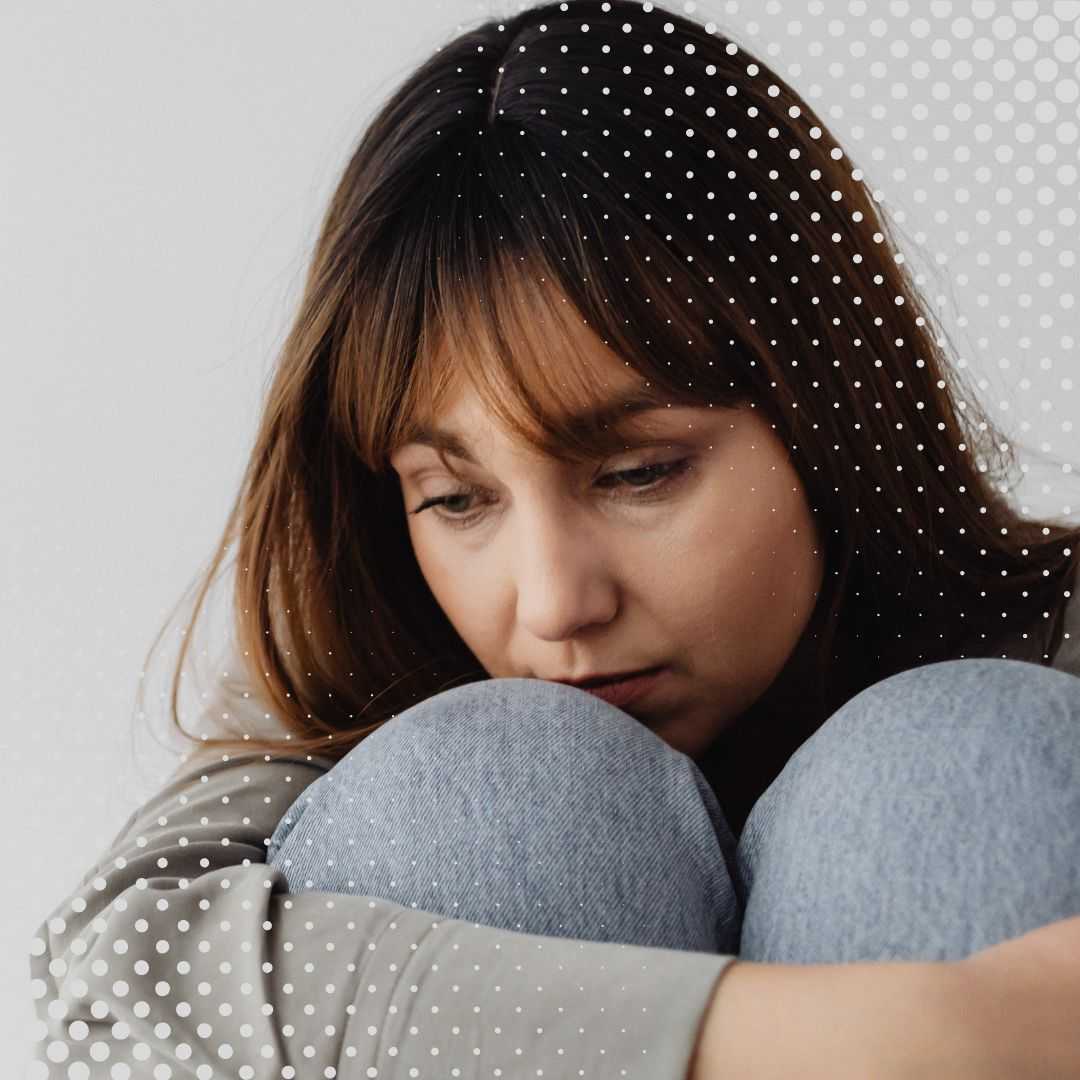
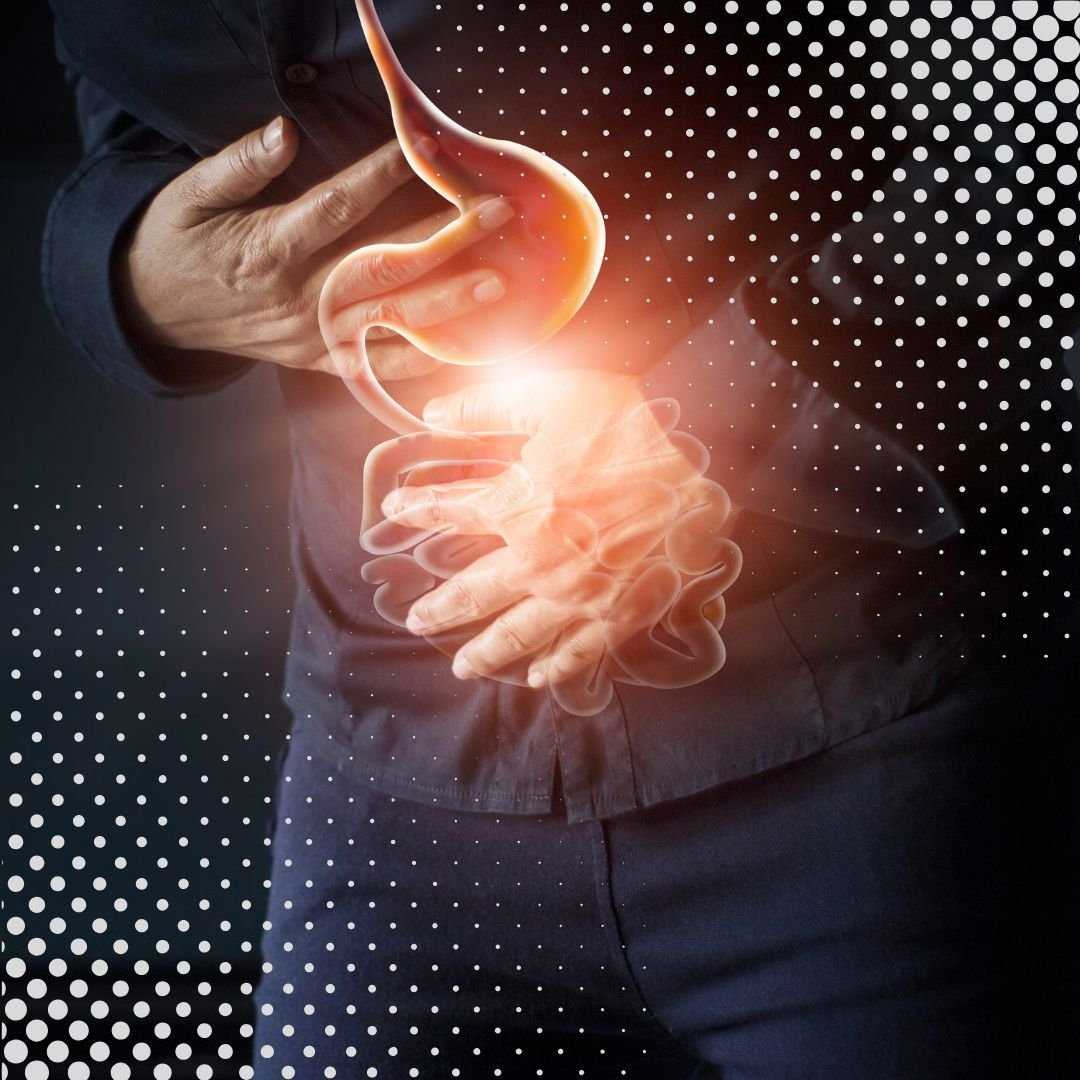

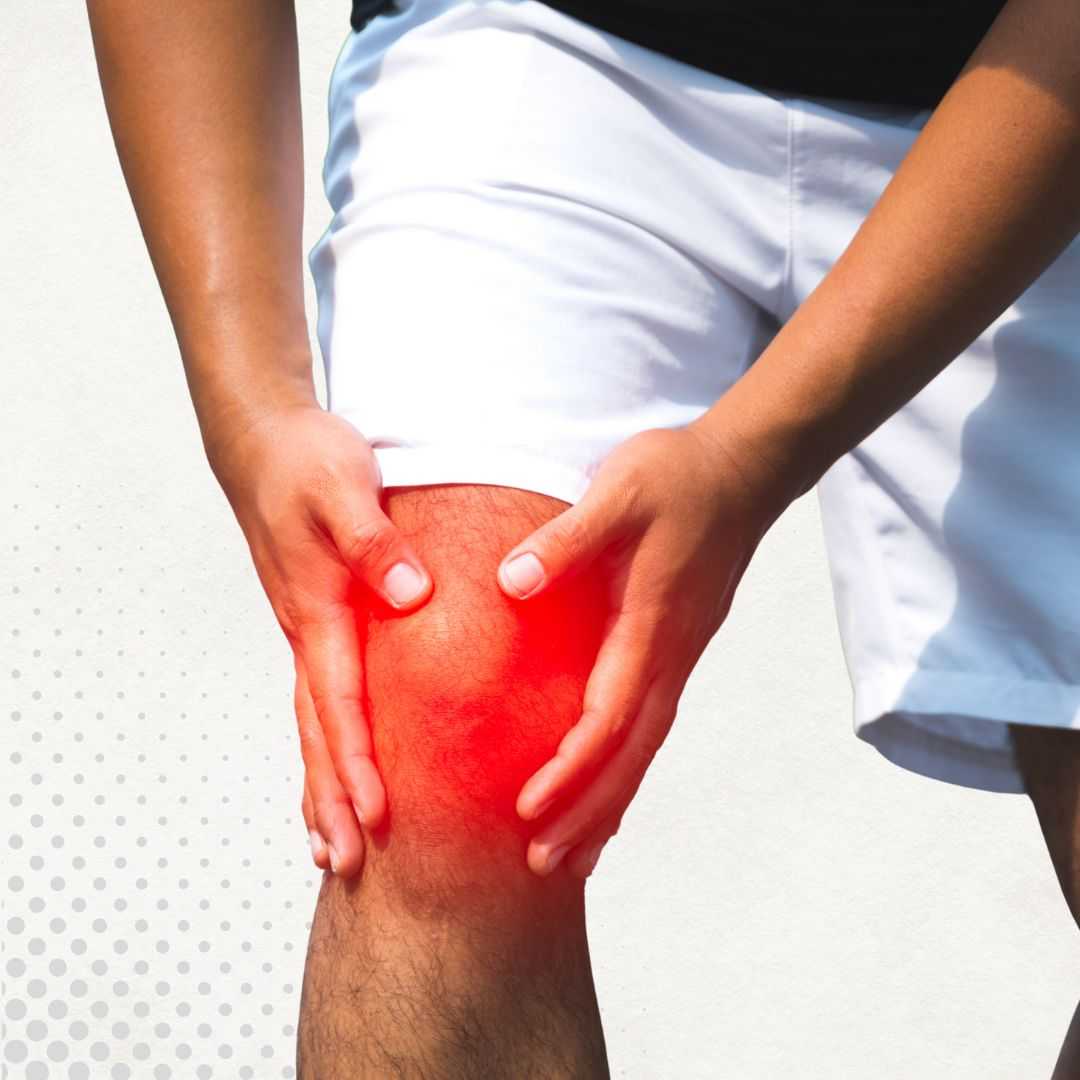
.png)
.png)
.png)
.png)
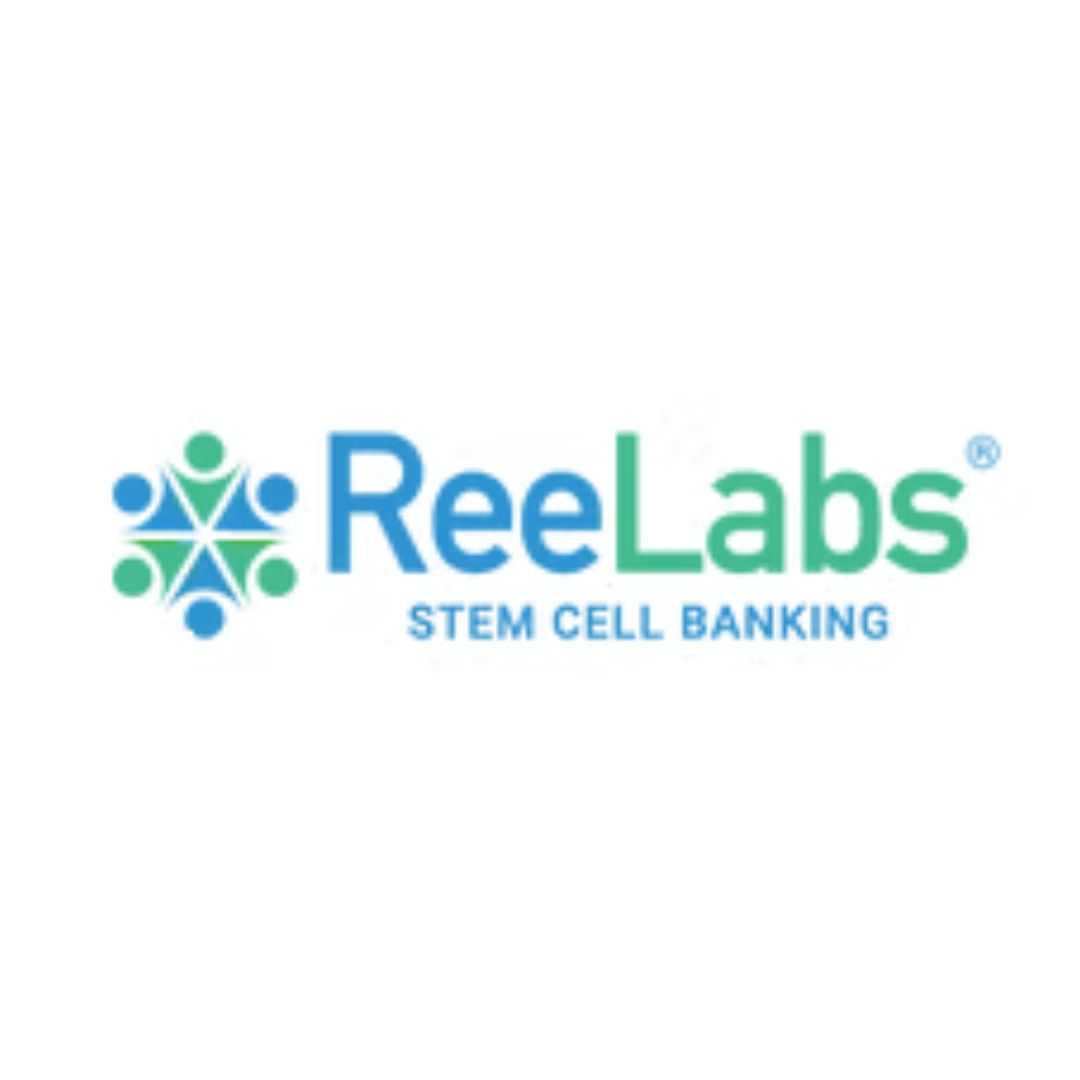
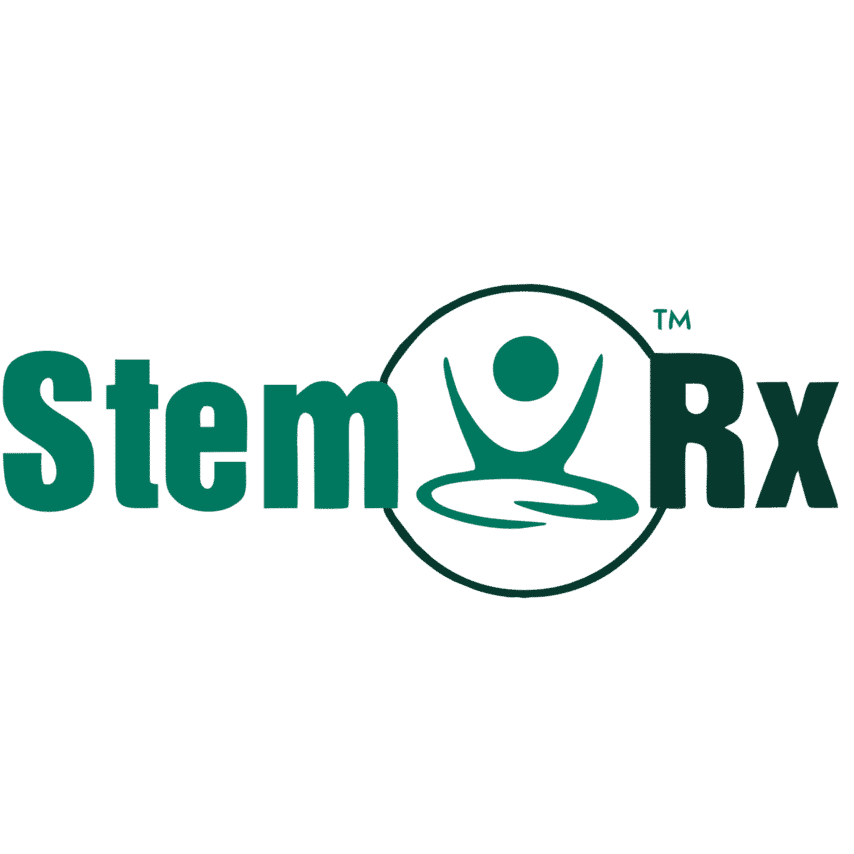
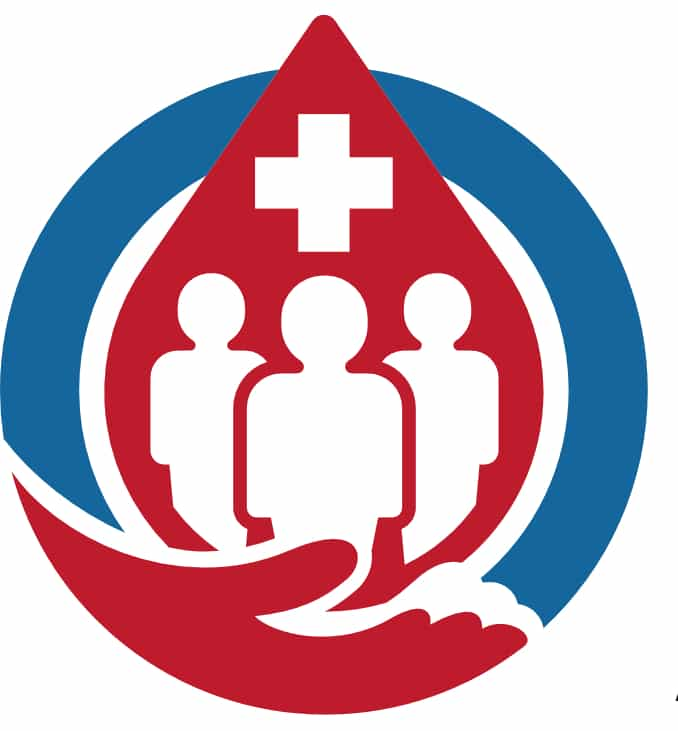
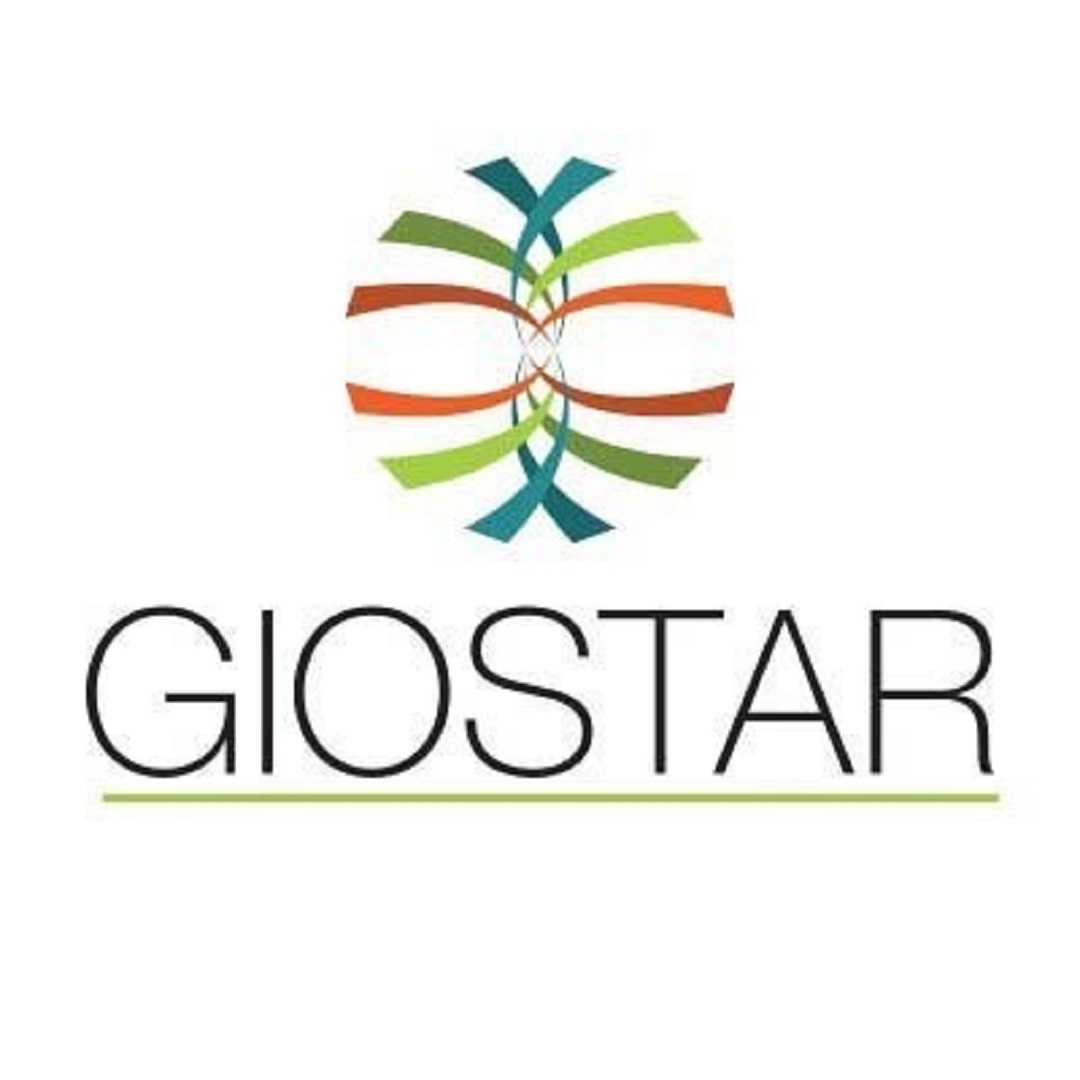
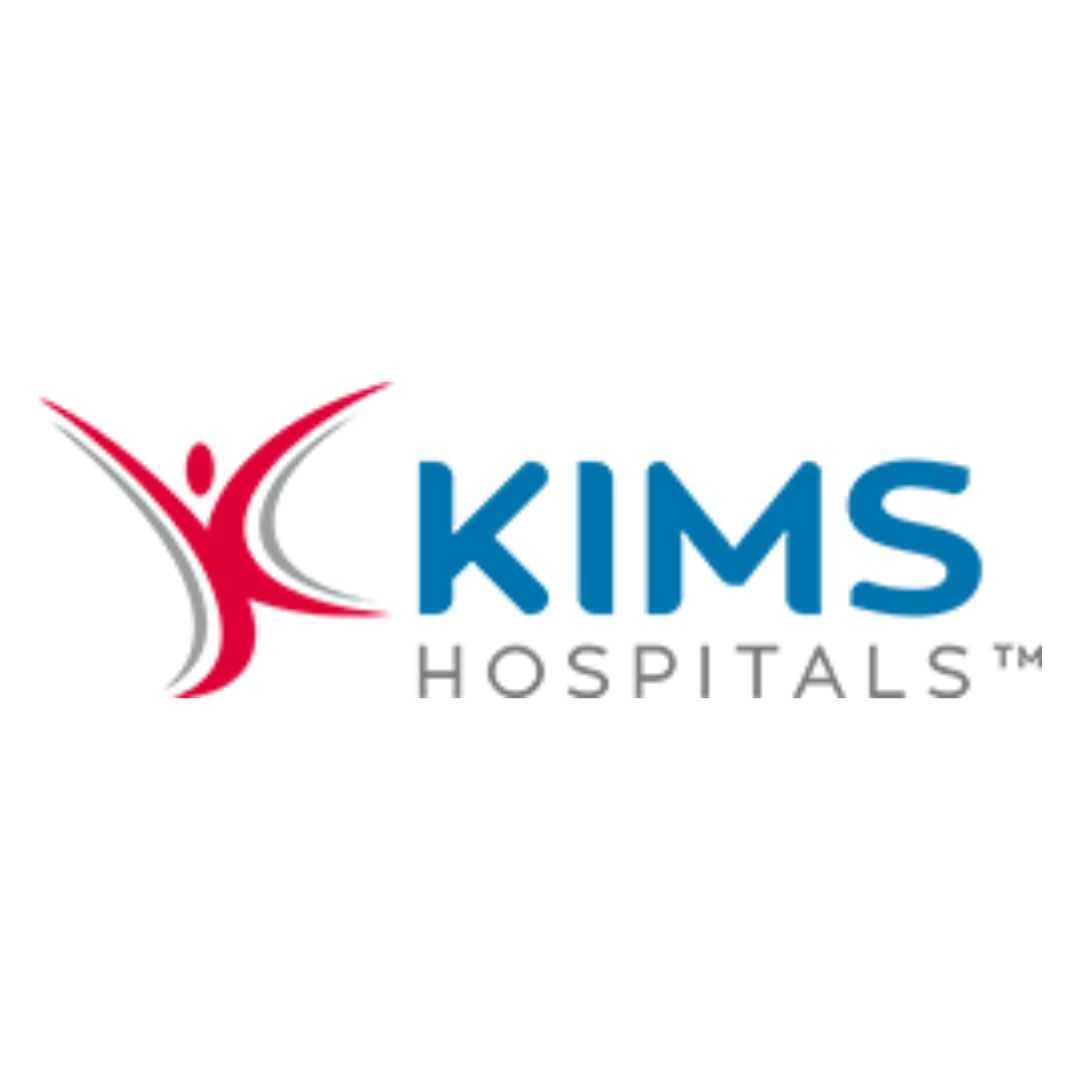

Share this listing